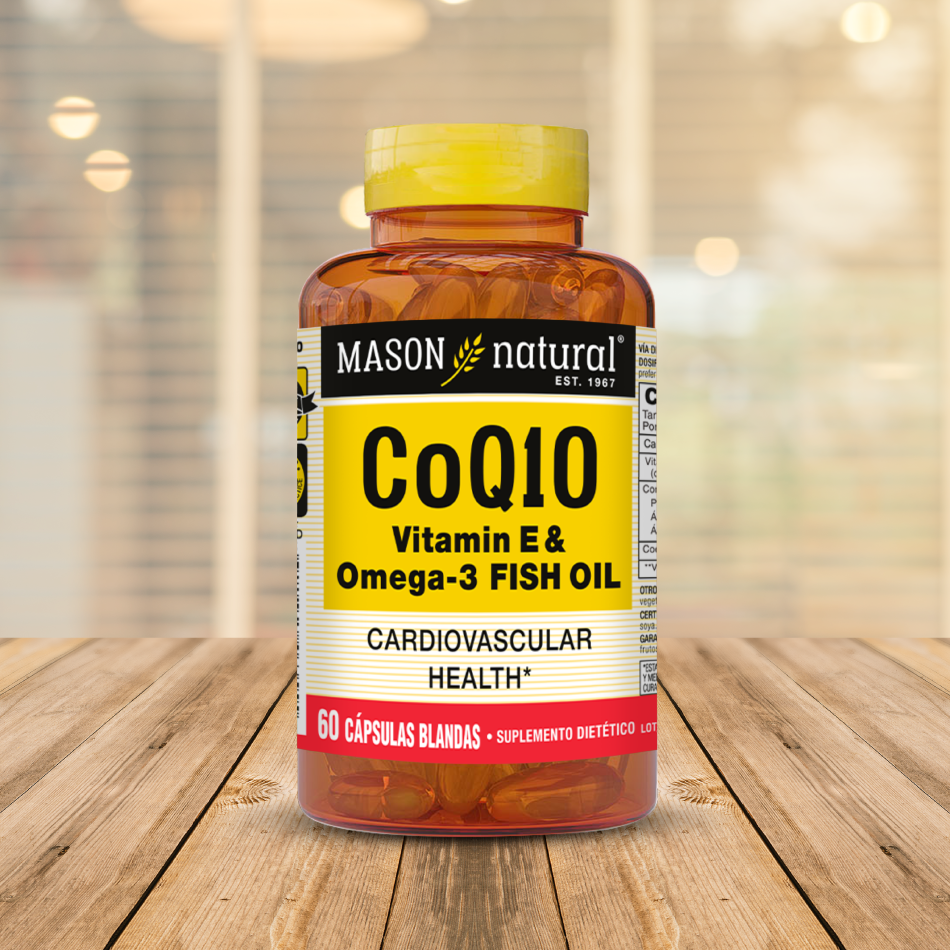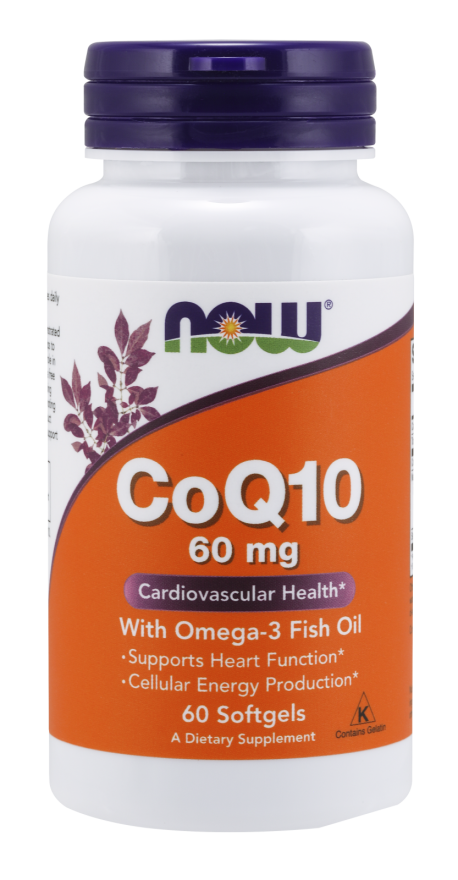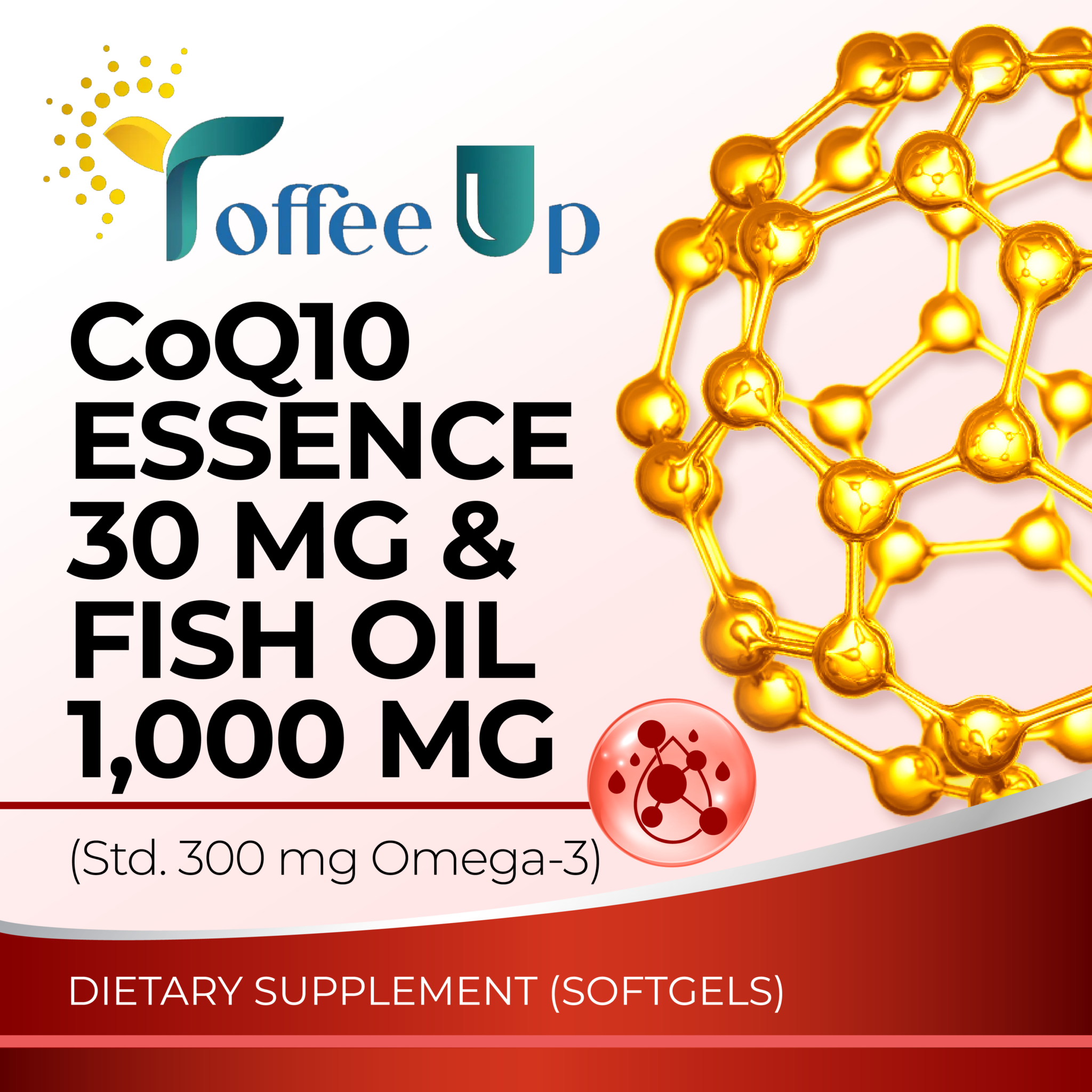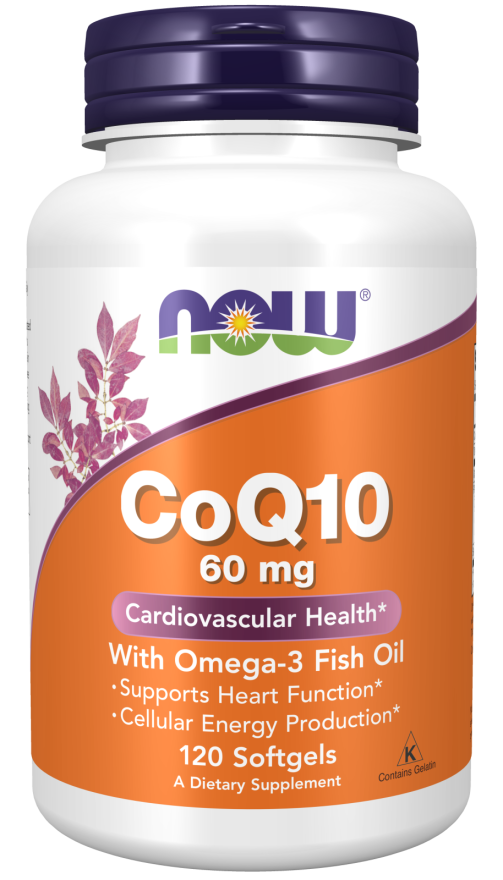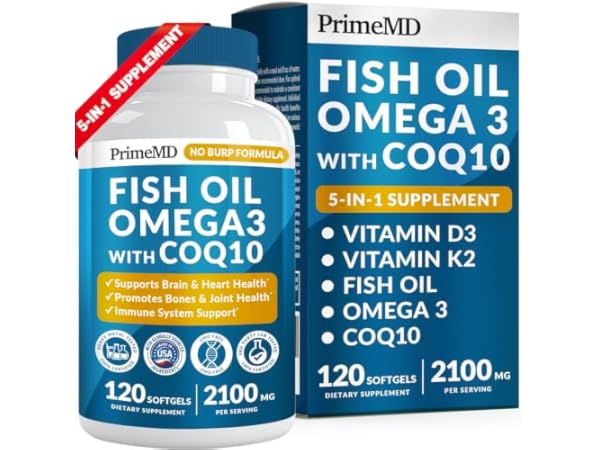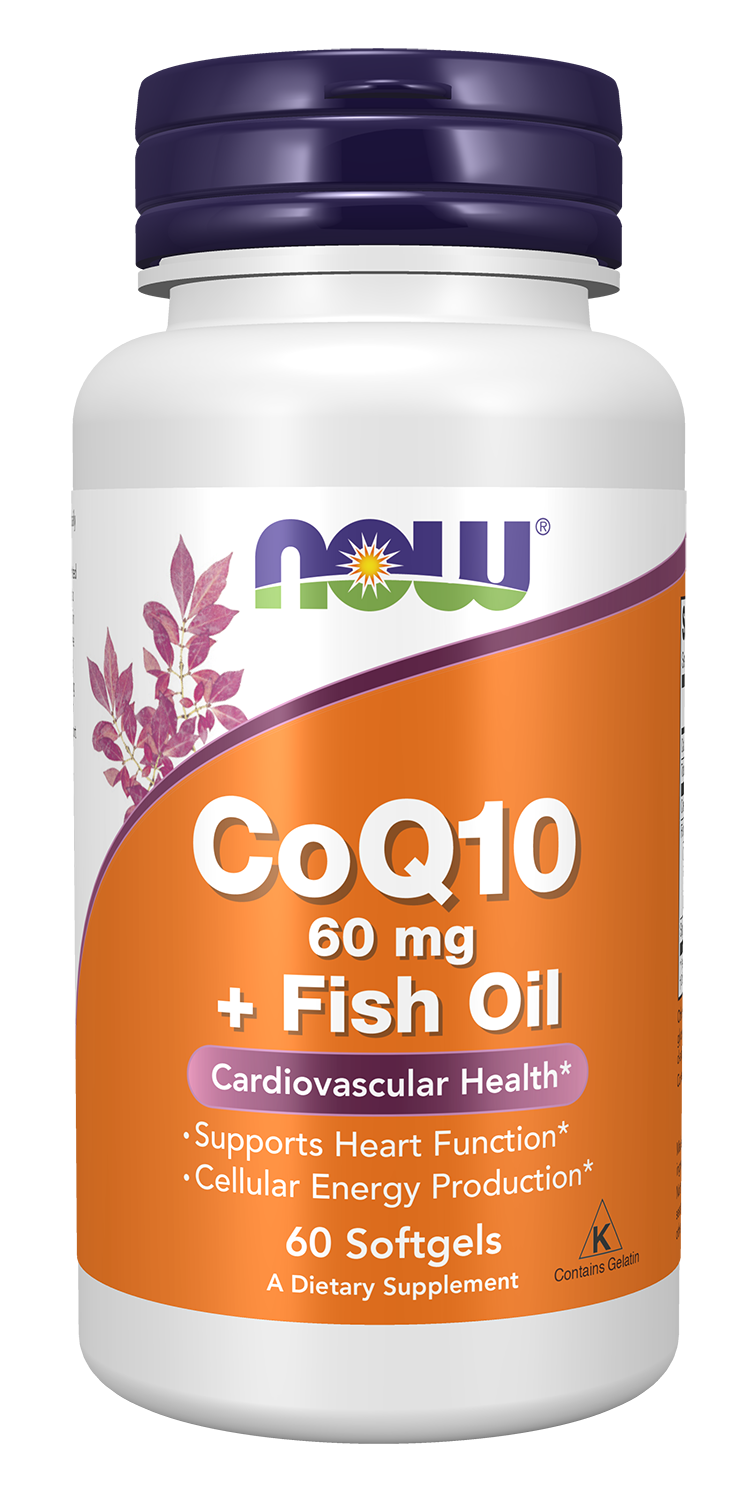Is Coq10 And Fish Oil The Same

In the ever-expanding universe of health supplements, consumers often find themselves navigating a complex landscape of acronyms, scientific jargon, and often, misleading marketing claims. Two popular supplements, Coenzyme Q10 (CoQ10) and fish oil, frequently touted for their cardiovascular and overall health benefits, are often conflated or misunderstood. But are they interchangeable? The answer, definitively, is no.
This article aims to dissect the crucial differences between CoQ10 and fish oil, examining their distinct roles in the body, their unique benefits, potential side effects, and the scientific evidence supporting their use. By clarifying these distinctions, individuals can make informed decisions about incorporating these supplements into their health regimen.
Understanding Coenzyme Q10 (CoQ10)
CoQ10, also known as ubiquinone, is a naturally occurring antioxidant produced by the body. It plays a vital role in cellular energy production, particularly within the mitochondria, the powerhouses of cells.
CoQ10 is also involved in protecting cells from damage caused by free radicals. Levels of CoQ10 naturally decline with age and can be depleted by certain medications, such as statins.
Benefits of CoQ10
Research suggests that CoQ10 supplementation may be beneficial for various conditions. Studies have linked it to improved heart health, particularly in individuals with heart failure.
CoQ10 may also help reduce migraine frequency and severity. Furthermore, some evidence suggests it could improve sperm quality and exercise performance.
Potential Side Effects of CoQ10
CoQ10 is generally considered safe, but some individuals may experience mild side effects. These can include nausea, diarrhea, and headache.
It is important to note that CoQ10 may interact with certain medications, such as blood thinners. Consulting a healthcare professional before starting CoQ10 supplementation is recommended, especially if you have underlying health conditions or are taking other medications.
Delving into Fish Oil
Fish oil is derived from fatty fish, such as salmon, tuna, and mackerel. It is rich in omega-3 fatty acids, specifically eicosapentaenoic acid (EPA) and docosahexaenoic acid (DHA).
These essential fatty acids are crucial for various bodily functions. The body cannot produce omega-3s on its own, making dietary intake or supplementation necessary.
Benefits of Fish Oil
Fish oil is widely recognized for its cardiovascular benefits. Studies have shown that it can help lower triglyceride levels, reduce blood pressure, and decrease the risk of heart attack and stroke.
Omega-3 fatty acids are also known for their anti-inflammatory properties. Fish oil supplementation may help alleviate symptoms of inflammatory conditions, such as rheumatoid arthritis.
Furthermore, fish oil is crucial for brain health and development. DHA, in particular, is a major structural component of the brain and is important for cognitive function and vision.
Potential Side Effects of Fish Oil
Common side effects of fish oil include a fishy aftertaste, bad breath, and gastrointestinal upset. High doses of fish oil can increase the risk of bleeding.
Individuals taking blood thinners should exercise caution when using fish oil. It's always recommended to consult with a healthcare provider before starting fish oil supplementation, particularly if you have any underlying health conditions or are taking medications.
CoQ10 vs. Fish Oil: Key Differences
While both CoQ10 and fish oil are popular supplements with potential health benefits, they function in fundamentally different ways within the body. CoQ10 is primarily involved in cellular energy production and antioxidant protection.
Fish oil, on the other hand, provides essential fatty acids that support cardiovascular health, reduce inflammation, and promote brain function. Their mechanisms of action are distinct.
The specific conditions that each supplement may benefit also differ. While both may have some overlap in supporting overall health, CoQ10 is often used for heart failure and migraines, while fish oil is more commonly used for high triglycerides and inflammatory conditions.
In essence, CoQ10 is an antioxidant and energy booster, while fish oil is a source of essential fatty acids. One is not a substitute for the other.
Can They Be Taken Together?
Yes, CoQ10 and fish oil can generally be taken together. In fact, some research suggests that combining them may offer synergistic benefits, particularly for cardiovascular health.
However, it is always prudent to consult with a healthcare professional before combining supplements. This is especially important if you have any underlying health conditions or are taking other medications.
A healthcare provider can assess your individual needs and determine the appropriate dosages for both CoQ10 and fish oil.
The Importance of Quality and Dosage
Regardless of whether you choose to take CoQ10, fish oil, or both, it is crucial to select high-quality supplements from reputable manufacturers. Look for products that have been third-party tested to ensure purity and potency.
Dosage is also an important consideration. Follow the recommended dosage instructions on the product label or as advised by your healthcare provider. CoQ10 dosages typically range from 100 to 300 mg per day, while fish oil dosages usually range from 1 to 3 grams of EPA and DHA per day.
Individual needs may vary, so it is essential to work with a healthcare professional to determine the appropriate dosage for you.
Looking Ahead: Future Research
Research into the potential benefits of CoQ10 and fish oil is ongoing. Future studies may further elucidate their roles in various health conditions and identify new applications for these supplements.
Areas of interest include the potential for CoQ10 to improve cognitive function and slow the progression of neurodegenerative diseases. Research is also exploring the role of fish oil in supporting mental health and reducing the risk of depression.
As scientific understanding evolves, our knowledge of the benefits and potential risks of CoQ10 and fish oil will continue to grow. This will ultimately allow for more informed and personalized recommendations for their use.
Conclusion
CoQ10 and fish oil are distinct supplements with unique roles in the body. They should not be considered interchangeable. CoQ10 supports cellular energy production and acts as an antioxidant, while fish oil provides essential omega-3 fatty acids that benefit cardiovascular health, reduce inflammation, and promote brain function.
Both supplements can be valuable additions to a healthy lifestyle. It is imperative to consult with a healthcare professional to determine if they are right for you and to ensure safe and effective use. Making informed decisions about supplements is key to optimizing your health and well-being.




